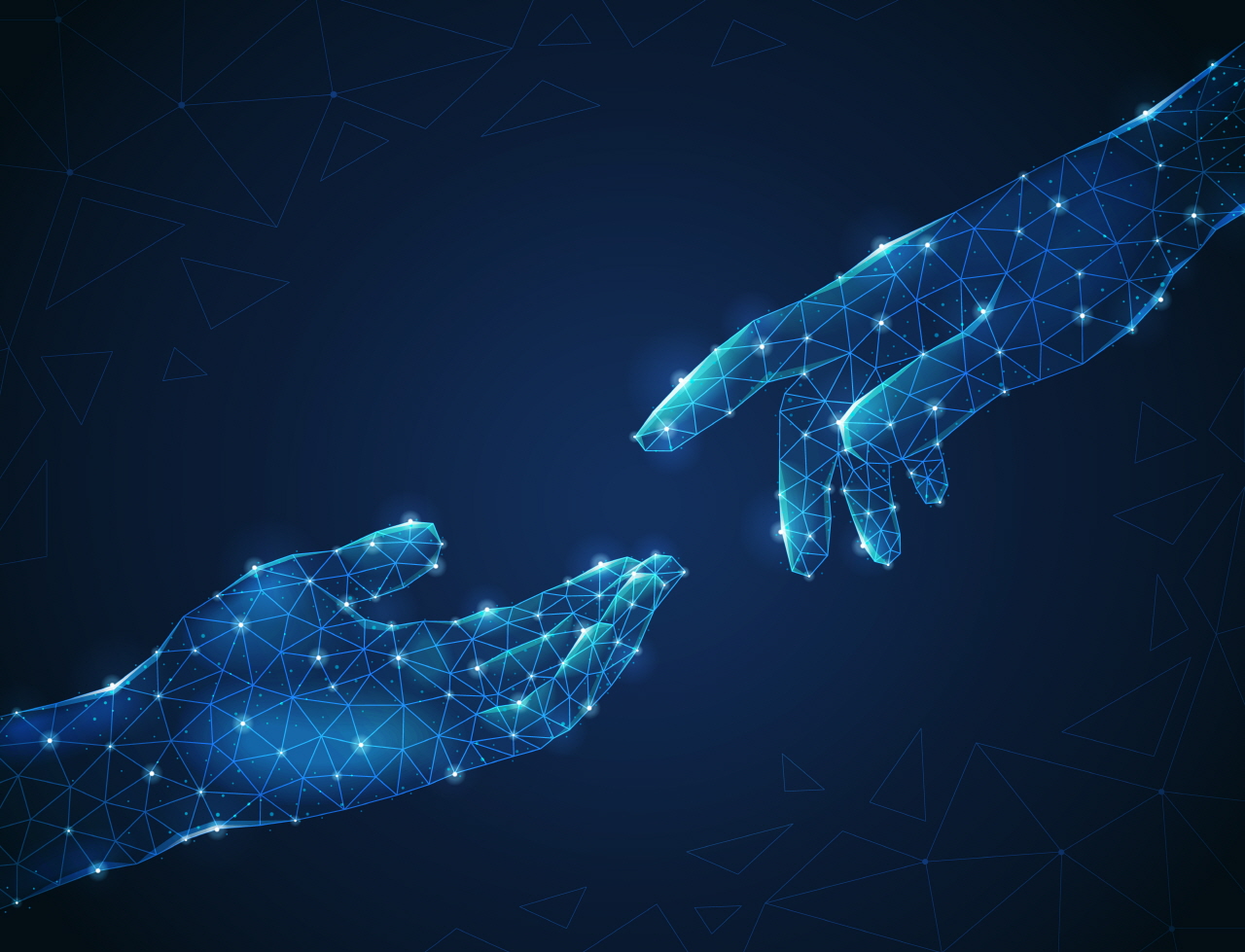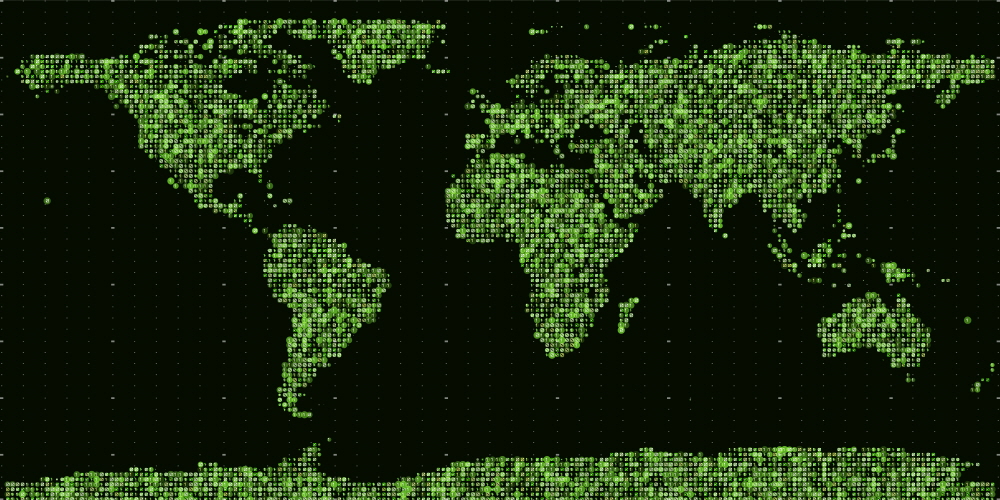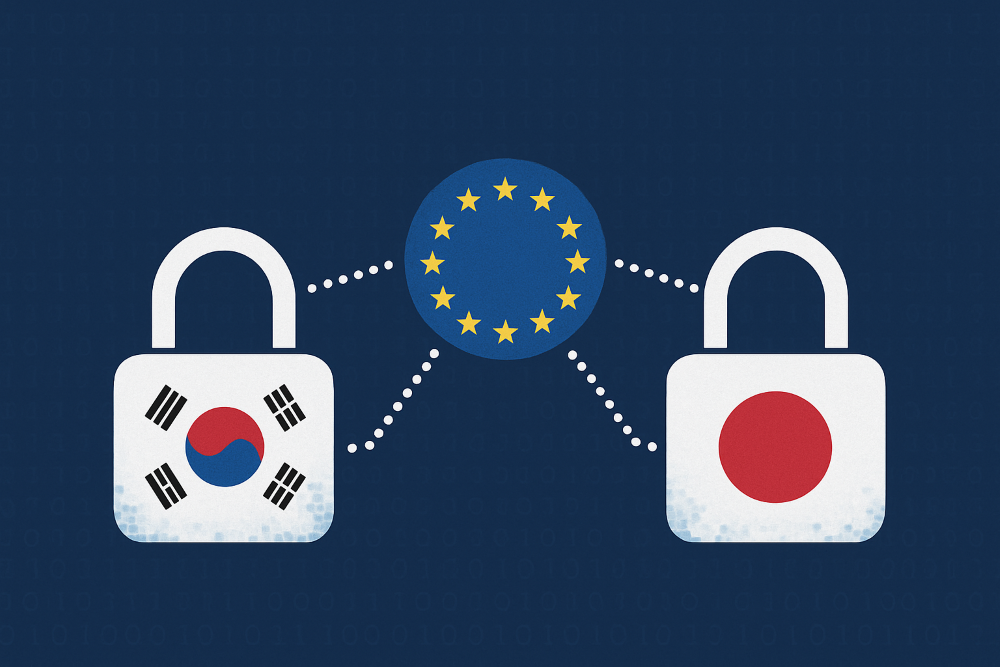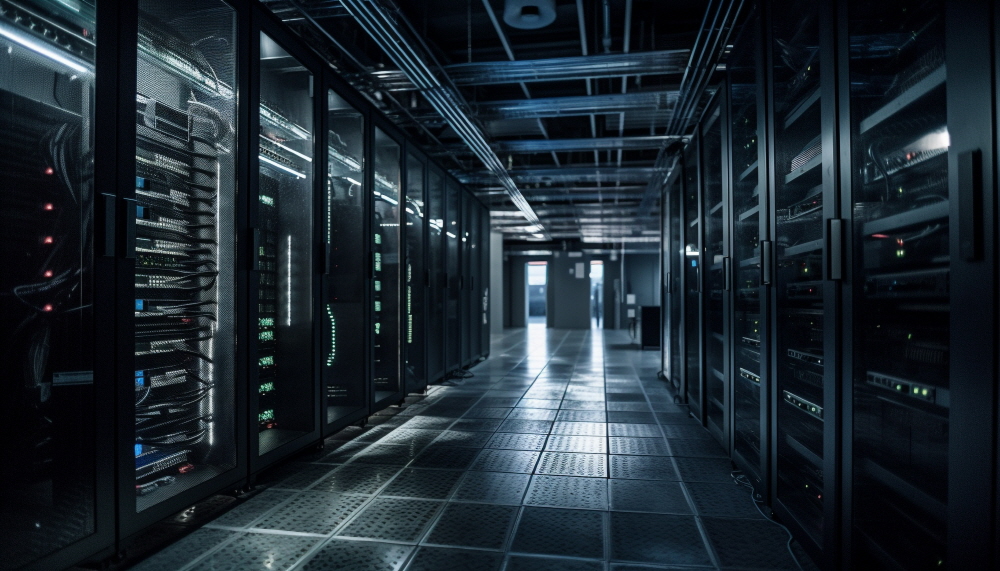
Key Takeaways:
- The scope of the Digital
Partnership includes emerging and disruptive technologies (EDTs), such as
semiconductors, AI, 5G networks, quantum computing, and cybersecurity.
- In an era of intensifying
U.S.-China tech rivalry and recent supply chain disruptions, both the EU and
South Korea see their digital collaboration as a strategic imperative for
reducing dependencies and securing their economic futures.
- Looking ahead, the EU-ROK Digital
Partnership has the potential to evolve from an ambitious framework into a
transformative force for innovation, security, and economic resilience.
The European Union (EU) and the Republic of Korea
(ROK) launched a bilateral EU-ROK Digital Partnership in November 2022, the
EU’s second such pact after the one with Japan, to deepen cooperation in critical digital technologies. Since June 2023, the
EU-ROK Digital Partnership has shifted from agenda-setting to early delivery,
with the inaugural Digital Partnership Council agreeing to cooperate
across semiconductors, high-performance computing (HPC), quantum technologies,
5G and beyond, the platform economy, artificial intelligence (AI), and
cybersecurity. The second Council meeting took place in March
2024 and added secure network connectivity and closed negotiations on the ROK’s
association to Horizon Europe – the EU’s key funding
programme for research and innovation, thus paving the way for the country’s participation
from 2025. The ROK became the first Asian country associated with Horizon
Europe, allowing Korean researchers and organisations to participate in
EU-funded projects on equal terms with Europeans.
The implementation of the Digital Partnership has been
further advancing in July 2024, with partners jointly supporting four semiconductor research
and development (R&D) projects and institutionalising an annual EU-ROK Semiconductor Researchers
Forum.
Furthermore, they also committed to reciprocal access to HPC infrastructure to
support joint work, including in quantum and climate modelling. Conversely, regulatory
alignment has been progressing in parallel. In March 2025, the sides concluded
negotiations on a landmark Digital Trade Agreement, pending signature, that
coordinates approaches to privacy, data flows, and digital trade facilitation.
The draft commits both not to impose data-localisation or other measures
restricting cross-border data transfers, and to promote the legal effect and
mutual recognition of electronic documents and signatures. Together, these
steps outline a pragmatic roadmap that emphasises targeted co-investment in
strategic technologies, anchored by compatible rules for data and digital
commerce, and regular Councils providing political accountability. Consequently,
the agreement reflects a shared vision for human-centric digital innovation and
stronger ties in domains that are becoming pivotal to economic security,
national sovereignty, and geopolitical competitiveness.
For the EU, partnering with South Korea bolsters its
digital engagement in the Indo-Pacific. It also reflects Brussels’ latest
strategic vision to strengthen global digital cooperation and ensure secure
digital environments for the EU and its partners, as put forward by the bloc’s International Digital Strategy, adopted in June 2025. It
emphasises deepening frameworks such as the EU-ROK Digital Partnership through
new projects, linking them via a Digital Partnership Network. The strategy also
introduces an integrated Tech Business Offer, combining public-private
investment and policy tools in modular packages tailored to partners’ needs.
For the EU-ROK Digital Partnership, this creates opportunities for joint
capacity-building, innovation cooperation, and alignment on secure, trusted,
and interoperable digital infrastructures. Finally, for South Korea, the
Digital Partnership with the EU diversifies alliances beyond its traditional
United States (U.S.) focus and highlights Seoul’s status as a high-tech leader.
The Digital Partnership: From
Vision to High-Tech Reality
The scope of the Digital Partnership includes emerging
and disruptive technologies (EDTs), such as semiconductors, AI, 5G networks,
quantum computing, and cybersecurity. However, transforming its ambitious goals
into concrete actions remains an ongoing challenge. Since the pact is
non-binding, it relies on both parties to follow through with specific
initiatives and allocate resources. In an era of intensifying U.S.-China tech
rivalry and recent supply chain disruptions, both the EU and South Korea see
their digital collaboration as a strategic imperative for reducing dependencies
and securing their economic futures. The sections below assess progress and
prospects in four priority areas, from semiconductors, AI, to quantum
technologies, followed by key challenges and recommendations for the way
forward.
Semiconductors:
Building Resilient Supply Chains
Semiconductors – the brains of modern technology in
the digital age – are a linchpin of the EU-ROK Digital Partnership. South Korea
is a global semiconductor powerhouse, while Europe is working to expand its
chip capacity to reduce overreliance on external suppliers. The COVID-19
pandemic exposed serious vulnerabilities in global chip supply chains, highlighting
the need for greater resilience and foresight to mitigate potential
disruptions. In this respect, through the Digital Partnership, the EU and the
ROK exchange information on semiconductor supply issues and coordinate efforts
to secure critical digital infrastructure. Early achievements already highlight
the benefits of such cooperation, as exemplified by the ROK-EU Joint International
Semiconductor Researchers Forum, which now convenes regularly to
share insights on chip technologies and supply chain risks.
In 2024, the two sides announced joint support for
four semiconductor R&D projects, valued at 12 million euros, about 16.8 billion
won, with each side contributing 8.4 billion won over three years, focusing on
neuromorphic computing and heterogeneous integration technologies. Overall,
such collaborative research leverages complementary strengths, matching the
EU’s cutting-edge research expertise with South Korea’s strong industrial
know-how, and helps diversify sources of advanced chips. Going forward, both
partners are exploring ways to further strengthen the semiconductor supply
chain, for instance, by aligning standards and encouraging Korean chipmakers to
invest in European production.
Artificial
Intelligence: Towards Trustworthy and Human-Centric AI
AI is another
cornerstone of the EU-ROK Digital Partnership, with both sides working to
harness AI innovation while upholding democratic values. In this regard, a permanent forum for dialogue on AI policy allows Seoul and Brussels to
coordinate a framework for human-centric and trustworthy AI. Both the EU and
ROK emphasise that AI systems should be transparent, accountable, and aligned
with fundamental rights, a principle also underlined by their endorsement of
the global Declaration for the Future of the Internet for an open,
rights-respecting digital environment. The cooperation in this domain focuses
on aligning strategies and standards. As the EU finalises its Artificial
Intelligence Act (AI Act) – the first-ever horizontal and burdensome
regulation on AI addressing the risks of AI and positioning Europe to play a
leading regulatory role globally, officials are consulting regularly to share
best practices and ensure their respective regulations are complementary. In
contrast, South
Korea adopted a more relaxed, growth-focused approach through voluntary ethical
guidelines and strong industrial backing.
In South Korea,
leading technology firms such as Samsung, SK, Naver, and Kakao have advanced
proprietary AI systems to compete with global players. This industrial dynamism
has prompted the Korean government to adopt a comparatively light-touch regulatory
approach,
prioritising rapid market growth and enhanced international competitiveness. By
limiting regulatory constraints, Seoul has sought to maintain the agility of
its AI sector and accelerate its ascent in global value chains. Yet, as the
societal, ethical, and security implications of AI intensify, South Korea will
inevitably need to develop more comprehensive governance frameworks to address
emerging risks. Ultimately, the divergence foregrounds a broader policy
trade-off between innovation speed and regulatory precaution, shaping the scope
for regulatory and normative alignment within the EU-ROK Digital Partnership
and their joint influence in global AI governance forums. A permanent
EU-ROK AI Council would indeed facilitate ongoing dialogue, align
regulatory frameworks, support joint ventures, and strengthen global AI
governance.
Quantum Technologies: Preparing
for the Next Frontier
Quantum technology is a frontier that the EU and South
Korea are determined to approach together. The Digital Partnership designated quantum computing and HPC as priority areas for cooperation, given their
potential to revolutionise industries and security paradigms. A bilateral ROK-EU Quantum Technology Expert
Working Group aims
to identify joint research topics – such as quantum communication networks and
simulators – and to align national research efforts.
Institutional support
is also growing. A new Korea-Europe Quantum Science Technology Cooperation
Centre in Brussels
now facilitates workshops and exchanges among scientists, knitting together the
two countries’ research communities. By sharing knowledge and pooling
expertise, Europe and South Korea hope to accelerate progress in this
cutting-edge field and stay competitive with larger players like the U.S. and
China. They are also mindful of quantum’s security implications, as both sides
have begun exploring post-quantum cryptography (PQC) and other
quantum-secure communications to pre-empt future threats to data encryption. Through such forward-looking collaboration,
the EU and ROK aim to secure a foothold in the coming quantum era and ensure
they help shape the rules governing these transformative technologies.
Challenges and Way
Forward
Several challenges could impede the Partnership’s full
potential. Its non-binding nature means progress hinges on sustained political
will, while reliance on ad-hoc funding and forums risks stalling projects
without institutionalised mechanisms. Capability asymmetries, such as the EU’s
relative lag in chips and AI, and divergent regulatory regimes could complicate
seamless cooperation. Moreover, geopolitical pressures, from Seoul’s balancing
act between China and the U.S. to Brussels’ careful navigation of transatlantic
ties and strategic autonomy, add further uncertainty. That is why institutionalising
gains now will be key to weathering shifts in technology, politics, and global
order in the future, while ensuring the Partnership translates political will
into concrete innovations that bolster both partners’ security and prosperity
in the digital age.
Looking ahead, the EU-ROK
Digital Partnership has the potential to evolve from an ambitious framework
into a transformative force for innovation, security, and economic resilience. To
achieve this, it will require a sustained shared strategic vision, supported by
concrete actions. By scaling up early achievements and embedding them in a
long-term strategic framework, both partners can not only safeguard their own
economic and technological futures anchored in shared democratic values but
also shape the rules of the emerging digital order.
Dr Raluca Csernatoni is Professor with the Centre for Security, Diplomacy, and Strategy (CSDS) of the Brussels School of Governance (BSoG), at the Vrije Universiteit Brussels (VUB), and a Fellow at Carnegie Europe, in Brussels, Belgium.




